With Death Stranding receiving polarizing reviews, many gamers have asked the question, “Is Hideo Kojima one of the greatest game developers or is he just an overrated weirdo?”
Hideo Kojima, The Video Game Director
With his passion for classic movies in everything he does, Hideo Kojima has created a personal brand that is—for all intents and purposes—the video game equivalent of Quentin Tarantino. The “Kojima Productions” logo used to mean that the game you were about to play was undisputably a masterpiece. From the first Metal Gear Solid to Metal Gear Solid 4: Guns of the Patriots, Kojima’s magic touch appeared undefeatable.
That is until The Phantom Pain came around. While not a bad game by any extent of the imagination, it was Kojima’s flawed swan song. With his high-profile divorce from Konami and the fabled “Chapter 3”, we never turned Phantom Pain into a shadow of what could’ve been instead of the shocking final chapter in Big Boss’s epic saga.
Then, Death Stranding made things even murkier for Kojima’s legacy. While some long-time fans swear by Kojima’s quirkiness, which permeates every aspect of Death Stranding, others feel the game only proves that Kojima is only great when he has someone there to reel him back a bit (and that would be Konami).
Of course, no auteur worth their salt has ever been uncontroversial.
Metal Gear Solid Games
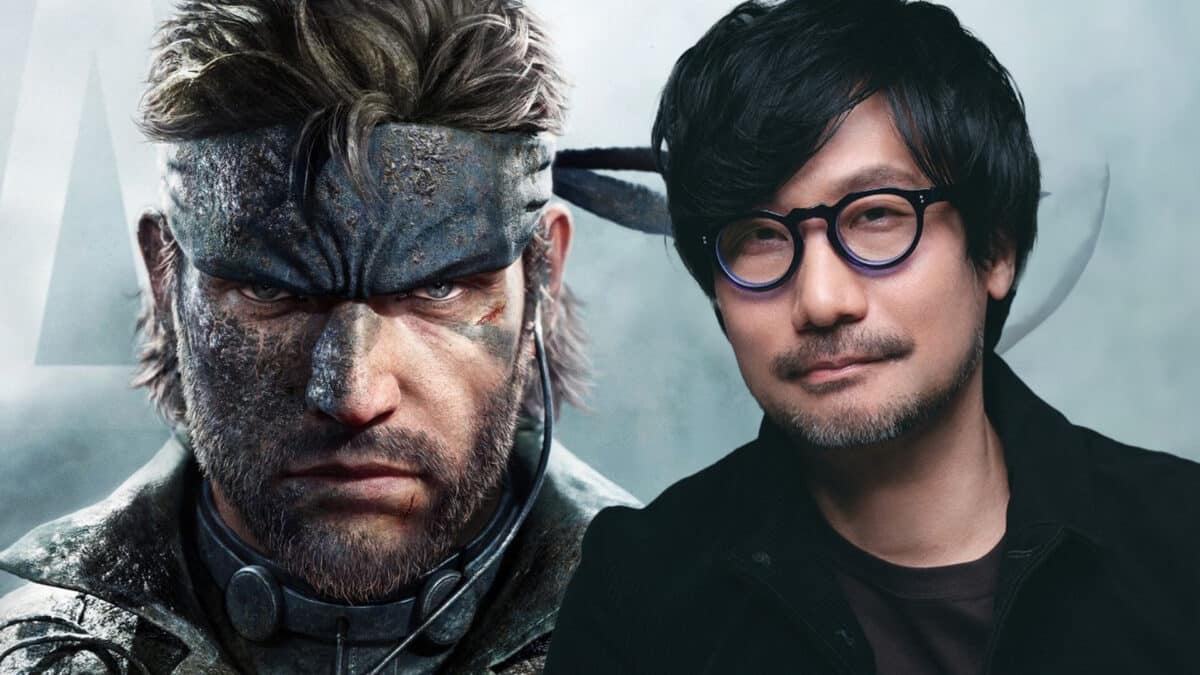
It’s no secret that Kojima revolutionized gaming in the PS1 era. Metal Gear Solid might be one of the most influential action titles ever released – and it might have been a stroke of luck more than genius that did it.
For starters, Metal Gear Solid‘s core concept—its highly cinematic stealth gameplay—came about as a necessity. Console limitations made the combat feel clunky, prompting Kojima to create a game that rewarded players who avoided open combat situations.
The success of Metal Gear Solid turned Kojima into one of the most revered creators in the video game industry. Every successive Metal Gear game proved two things: Kojima had near complete creative control over the franchise, and there was no such thing as a “bad” Hideo Kojima game.
The Kojima name became synonymous with action games. Metal Gear as a brand was also a gaming institution, with Snake becoming easily one of the most recognizable gaming characters ever created.
Smashing Expectations
If there’s one thing Hideo Kojima loves more than inserting random movie references in his games, it’s trolling gamers. From metanarrative devices that subvert everyone’s expectations to creating some of the most imaginative video game marketing campaigns, Kojima loves the unexpected.
Remember when The Phantom Pain wasn’t even a Metal Gear game? The whole “Moby Dick Studio” marketing ploy tried to convince gamers that Phantom Pain wasn’t related to either Kojima or the MGS series. However, gamers easily connected the dots at that time.
More difficult to crack were the many puzzles hidden in P.T. The demo for the cancelled Silent Hills was nothing short of genius – if, maybe, a bit too cerebral for its own good. At this point, gamers were getting a bit tired of Kojima’s continuous puzzles. With his fascination with plot twists and subverting expectations, Kojima was getting less and less Tarantino and slowly morphing into M. Night Shyamalan.
Did Konami Fire Kojima?
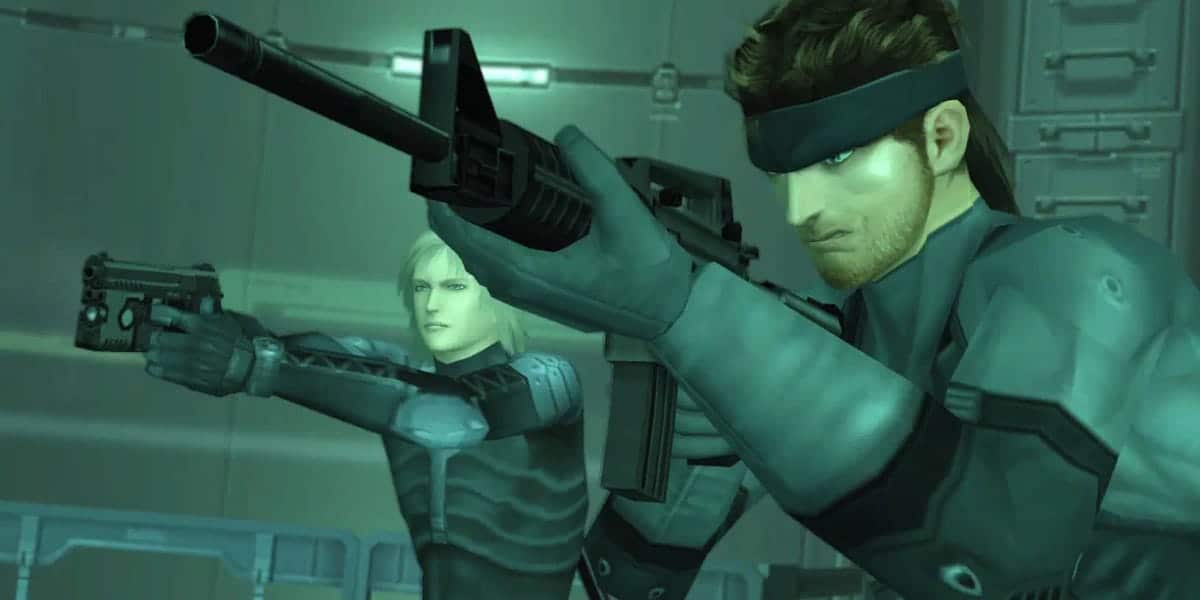
In 2015, Konami announced they’d be parting ways with Hideo Kojima. The news came as a shock to gamers, as the developer was in the middle of the Phantom Pain development, and Silent Hills was just around the corner. However, not even a developer like Kojima was completely safe, as his name was erased from the Phantom Pain cover and future re-releases of the Metal Gear saga. For Konami, it was essentially as if Kojima never existed.
After he was released from Konami, rumours emerged regarding some serious mismanagement at Kojima Productions. Apparently, The Phantom Pain went way over its budget. Add to that the entire development of the Fox Engine, and what you get is a budget that not even someone like Kojima could afford.
To make matters worse, Metal Gear composer Rika Muranaka later commented on Kojima’s working practices. The MGS director commissioned thirty songs that were never used in the completed game. According to Muranaka, Kojima “Had a lack of business sense“, which contributed to his departure from the company that saw him grow into the international superstar developer he now was.
Hideo Kojima’s Death Stranding
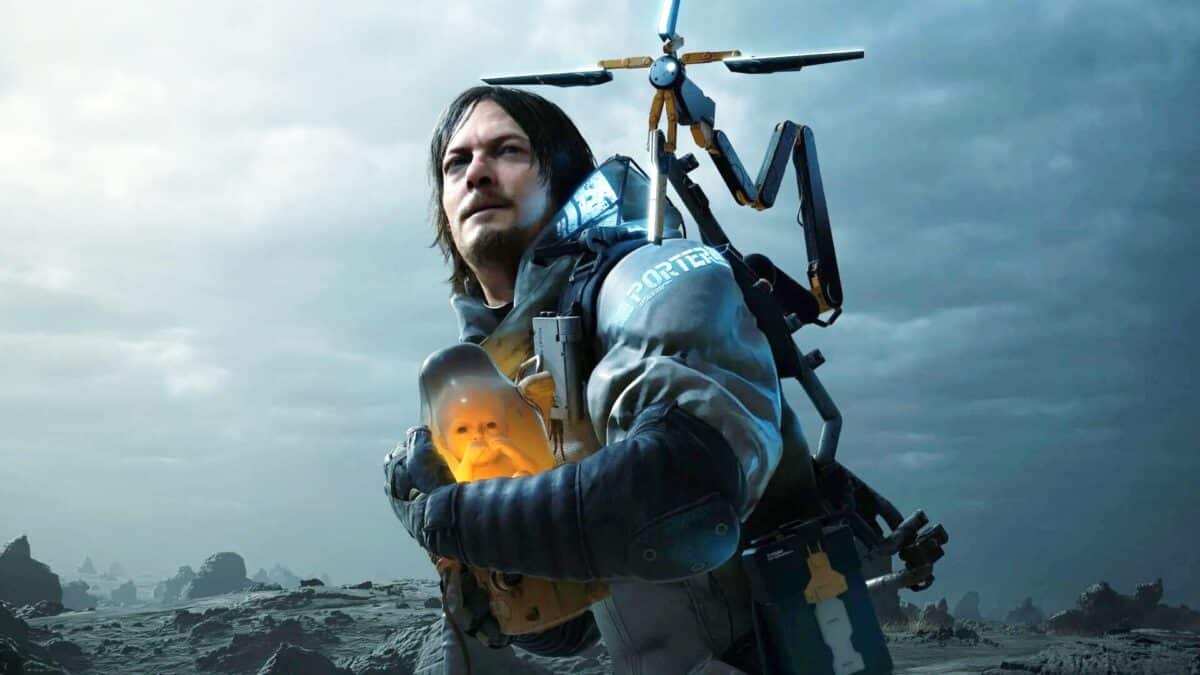
Konami recently announced they plan to release Metal Gear Solid Δ: Snake Eater – a remake of the classic MGS3. Something that immediately jumps to view in every piece of promo material related to Delta is that Kojima’s name has been, once again, completely removed from the Metal Gear lore.
While he might not have anything to do with Metal Gear anymore, the developer has enjoyed some success with Death Stranding, his latest original IP. With a sequel underway, Death Stranding – starring The Walking Dead‘s Norman Reedus – has proved divisive for fans of Kojima.
On the one hand, the game is beautiful. The story—whenever it makes sense—features that same cinematic flair we’re used to from Kojima. Unfortunately, Hideo Kojima himself might be the reason why the game has split his fanbase into two. Simply put, Death Stranding is Kojima at his most unhinged yet.
With a plot that spends more time spewing random philosophical concepts than telling a story, Death Stranding has lost some of the classic Kojima sparkle of the MGS era. Add to that the utterly bizarre trailer for OD, and maybe Kojima might be heading towards the same lot as David Cage or Peter Molyneux.
If there’s one undisputable fact about Kojima, it’s that the man is a creative genius. Sure, some, if not most, of his games are weird and downright nonsensical. But if filmmakers like David Lynch and writers like Junji Ito have taught us anything, it’s that there’s a definite place for “weirdos” in the entertainment industry.
In that sense, yes, maybe Hideo Kojima might be one of the greatest weirdos in the video game industry – and that’s why we love him.




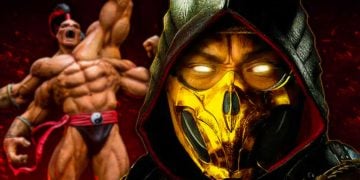
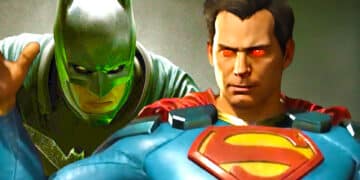
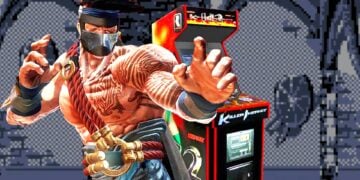
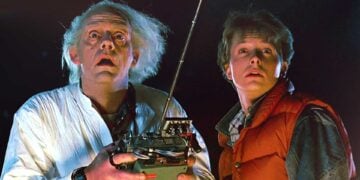
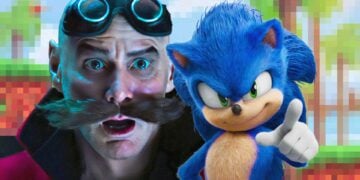
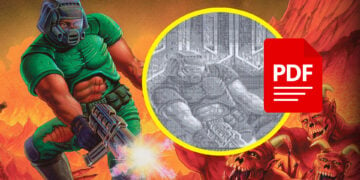


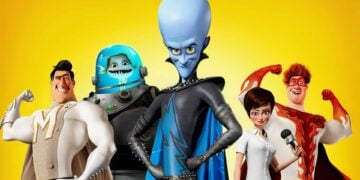
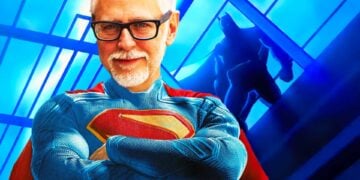
kojima is a weirdo with no talent. He is an overrated, self centered morron with a brain dead fan base. All of his games are weird and stupid. MGS esspecialy.
Not catering to mainstream will get these results.
The point of Death Stranding would be if the players finally can play the game and thousand or hundred thousands of them successfully rebuild america, while in the first stage it looks like a desert, and after everybody played at least 100+ hours.
The realized they finally rebuild America together and make it looks normal again (the city with so many skyscrappers).
I think that’s is the satisfaction that we wouldn’t get yet, because reviewers are just a small group of people.
Shot out to the PROUD WEIRDOS. #WeirdoWorld #WeirdoLife
Overrated weirdo? Really? That’s what you put in the title of your article?
I’m waiting this game impatiently, not that I can be a Fed-Ex delivery guy and spending over 10h until finally enjoy the game, but to see it completely through. I must say playing 10h is too much to ask for players to get rewarded by doing monotous tasks and finally »starts« the game. That may be the reason why many reviewers gave bad reviews of this, if they only managed/cared to play this not reaching to the point of the game getting forward from the delivery-period and they only saw that one side of the game.
To be honest that feels somewhat fair, but also unfair to the developer who was generous to give the game to reviewers weeks before (or was it a full month), because of the longetivity of the full game. I know media/reviewers won’t just get the copy of the game, but lots of assets from screenshots and logos to text/pdf files explaining the whole game in-detail; what’s the game about, the story, the design/purpose/goal/meaning/intentions and stuff like that. So they must’ve or should’ve been aware about the game being slowly progressive (if they cared to read them). And simply gave a bad review while not knowing everything about it.
I, as a reviewer, always read and get myself to known all the material I’m provided with the review copy and try to be patient, but reviewers also are humans and they have bad days and time-limits and pile of games to be reviewed and getting a game like Death Stranding might just unplug the last nerve of them.
I personally got myself in situations where I had 3-4 games to be played and reviewed in A WEEK. Well, the embargo was in a week after getting the copy of the games and I wanted to hit that spot since that is the moment a reviewer wants the review to be out when getting the copy before the release date and that is fair to the developer/publisher who gives the copy for that sole reason. Even if many of the games I review are indie games, still playing all them and writing well-rounded review takes time.
I don’t know am I gonna review this game even when I’m gonna play it, since I’m having a hiatus with that just because I want to have a pause. I can’t review games while being mentally tired and easily irritated and not enjoying games like usually. It’s not fair to the developers for a reviewer having personal issues and taking them out on a game and its review.
This all is the vibe I got from reading good and bad reviews of Death Stranding and overall opinions about it. It definitely feels well – propably even over – marketed and Kojima did built the tension and expectations very, very high. I’m not sure was this the most wise move? I would’ve kept everything rather modest and interesting and let my work speak out for itself, and possibly surprising the gamers and gaming world with the game. I say this due the all respect for Kojima, but it feels like he is kinda over his own head. He almost keeps himself as some kind of legendary movie director. I would’ve never put myself in any kind of pedestal, if people want to put me there, then fine, but being self proclaimed King doesn’t sink to all the subjects.
I know Kojima LOOVES movies and the latest news he tells that Kojima Productions will do movies in the future. Well, at least he got the coins to do so with the succesfull promotion and sales of Death Stranding, but this even confirms the fact what I just said above.
It’s gonna be interesting to see what the future is for Kojima and his games and movies. If the movies going to be like Metal Gear solid games then I’m all in. I love the saga and especially the first game, which I also have red as a novel. But, as Kojima himself said that Death Stranding is “how he sees the world” and “things that are in his mind”. Yeah, it would be terrifying living as him, but absolutely interesting to see his work :D
Overrated hack. He has zero people in the industry that work FOR him and not hate his guts. Translators have proven he can’t write. Gameplay does not stand up against its own genre. Guys who’s names we barely know have made more consecutively good titles.
Interesting read! Admittedly, I’ve never played a Kojima game.
Overrated Yes, as to the weirdo part not my call.